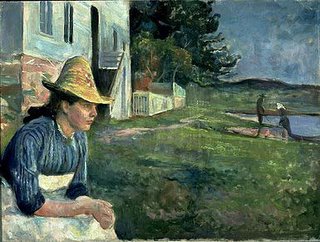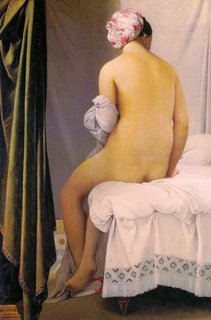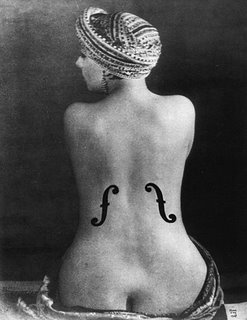Mi amigo Wolfgang me escribe desde Florencia, a propósito de la coma de Carlos V:
Zu der Komma-Geschichte Karls V. in deinem Blog kannst du noch das beruehmte "Comma Pianum" ergaenzen, das sich am Ende der Bulle Ex omnibus afflictionibus von Pius V. gegen Bajus findet, vgl. Denzinger-Schoenmetzer 1980. Du findest hier eine korrekte Darstellung: http://spazioinwind.libero.it/utos/De%20Gratia.htm.
Ich kopiere dir einfach den entsprechenden Abschnitt:
Pio V nel 1572 con la bolla Ex omnibus afflictionibus confuta con 79 tesi la dottrina di Baio. Tra queste tesi è celebre la censura [DS 1980] che ha dato origine al cosiddetto "comma Pianum" cioè una disputa attorno all'interpretazione da dare alla censura papale dove tutto dipende dalla posizione nella quale viene messa una virgola:
"Quas quidem sententias stricto coram Nobis examine ponderatas, quamquam aliquo pacto sustineri possent[,] in rigore et proprio verborum sensu ab assertoribus intento[,] haeretias, erroneas, suspectas, temerarias, scandalosas et in pias aures offensionem immittentes respective, ac quaecumque super iis verbo scriptoque emissa, praesentium auctoritate dammamus, circumscribimus et abolemus."
Non si capisce se le parole in "rigore ... intento", siano da collegare con la frase precedente (quamquam aliquo pacto sustineri possent; 1° interpretazione) oppure con la seguente (haeretias, ... praesentium auctoritate dammamus, circumscribimus et abolemus; 2° interpretazione). In altre parole ci si chiede se bisogna inserire una virgola dopo intento (1° interpretazione) o dopo sustineri possent (2° interpretazione). Se vale la prima interpretazione, le proposizioni di Baio sono condannate nel modo in cui vengono formulate (è questa la proposta dei baiani). Se vale invece la seconda interpretazione le proposizioni vengono condannate nel senso inteso dall'autore (è l'interpretazione preferita dagli avversari di Baio).
"1 October, 1567, Pope Pius V signed the Bull, "Ex omnibus afflictionibus", in which were to be found a number of condemned propositions, but without mention of Baius' name. According to the usage of the Roman Chancery, the papal document was without punctuation, divisions, or numbers. Again, as had been done before in several instances, the objectionable propositions were not censured severally, but to the whole series were applied various "notes", from "heretical" down to "offensive". Moreover, not only was Baius' name not mentioned, but for obvious reasons of prudence in those days, so near the Reformation, the text itself was not to be made public. Those facts gave occasion to many quibbles on the part of the Baianists: What was the exact number of propositions?–76, 79, or 80?–Were they, or were they not, Baius' propositions?–Why had not a copy of the Bull been given to those on whose honour it was supposed to reflect? In the famous sentence, "quas quidem sententias stricto coram nobis examine ponderatas quamquam nonnullæ aliquo pacto sustineri possent in rigore et proprio verborum sensu ab assertoribus intento hæreticas, erroneas . . . damnamus", was the comma Pianum to be placed after intento or after possent, the meaning being reversed according as the comma came after the one or the other word?"







